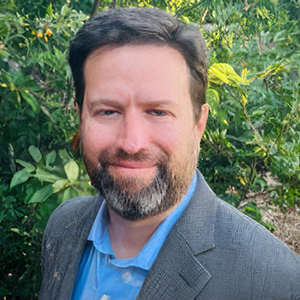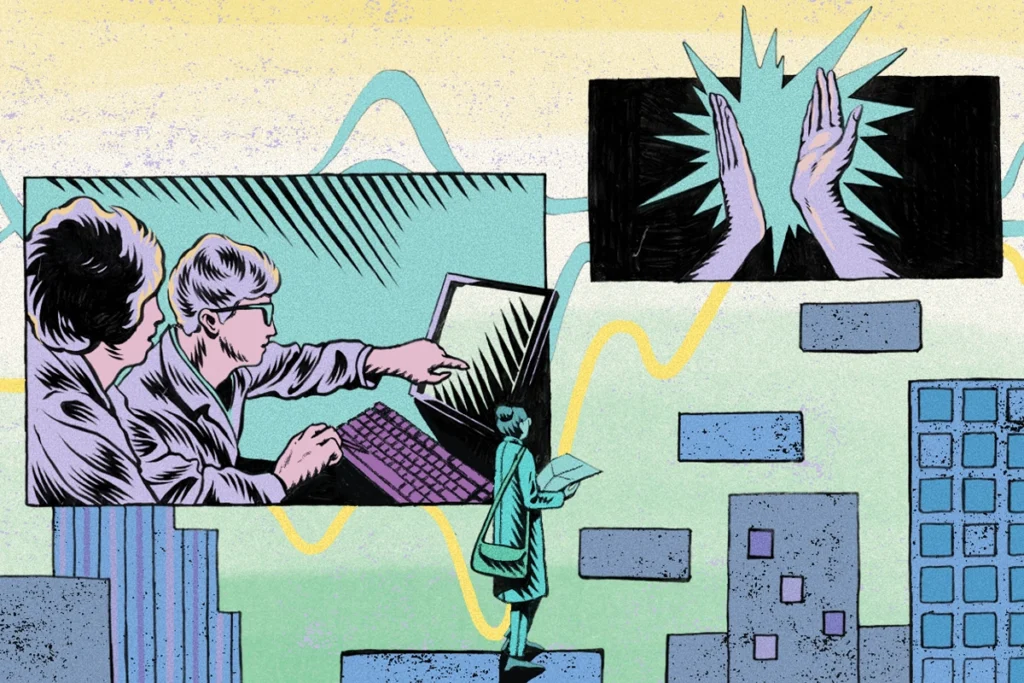Kevin Bender is professor of neurology at the University of California, San Francisco. His lab focuses on understanding how the brain encodes information at the synaptic, cellular and network level. Work primarily revolves around understanding how ion channels and modulation of ion channels contribute to these processes in health and in neurodevelopmental and neuropsychiatric conditions. This includes studies related to neurodevelopmental channelopathies, for which he is grateful to be able to work with close colleagues and partners from academia, industry and patient advocacy groups.

Kevin Bender
Professor of neurology
University of California, San Francisco
From this contributor

Should I work with these people? A guide to collaboration
Selected articles
- “Impaired cerebellar plasticity hypersensitizes sensory reflexes in SCN2A-associated ASD” | Neuron
- “Physical and functional convergence of the autism risk genes Scn2a and Ank2 in neocortical pyramidal cell dendrites” | Neuron
- “Arrestin-3 Agonism at Dopamine D3 Receptors Defines a Subclass of Second-Generation Antipsychotics That Promotes Drug Tolerance” | Biological Psychiatry
- “The Autism-Associated Gene Scn2a Contributes to Dendritic Excitability and Synaptic Function in the Prefrontal Cortex” | Neuron
- “Periadolescent Maturation of GABAergic Hyperpolarization at the Axon Initial Segment” | Cell Reports
Explore more from The Transmitter
Dendrites help neuroscientists see the forest for the trees
Dendritic arbors provide just the right scale to study how individual neurons reciprocally interact with their broader circuitry—and are our best bet to bridge cellular and systems neuroscience.

Dendrites help neuroscientists see the forest for the trees
Dendritic arbors provide just the right scale to study how individual neurons reciprocally interact with their broader circuitry—and are our best bet to bridge cellular and systems neuroscience.
Two primate centers drop ‘primate’ from their name
The Washington and Tulane National Biomedical Research Centers—formerly called National Primate Research Centers—say they made the change to better reflect the breadth of research performed at the centers.

Two primate centers drop ‘primate’ from their name
The Washington and Tulane National Biomedical Research Centers—formerly called National Primate Research Centers—say they made the change to better reflect the breadth of research performed at the centers.
Post-infection immune conflict alters fetal development in some male mice
The immune conflict between dam and fetus could help explain sex differences in neurodevelopmental conditions.

Post-infection immune conflict alters fetal development in some male mice
The immune conflict between dam and fetus could help explain sex differences in neurodevelopmental conditions.